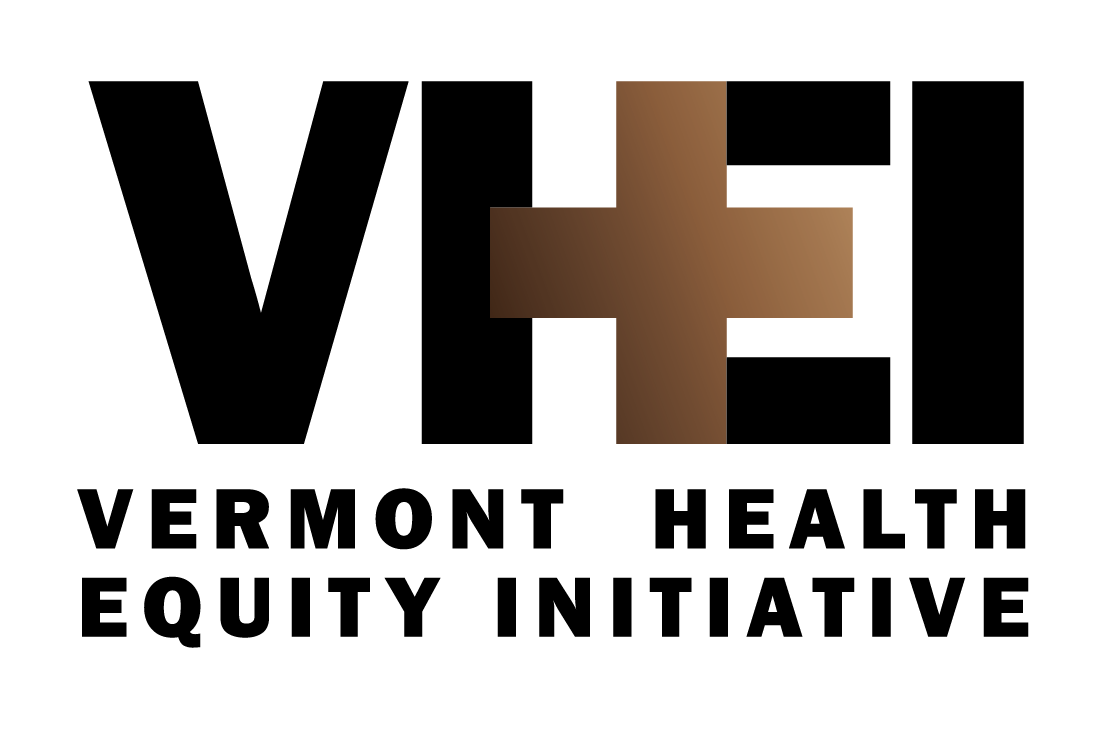Poverty As An SDOH
By Hanna Blankenship
Poverty is a social determinant of health (SDOH) that can significantly impact the health and well-being of BIPOC Vermont communities. Poverty can lead to social and economic disadvantages that can hold BIPOC communities back and create barriers to success.
Systematic racism refers to how societal institutions and practices have perpetuated racial inequality and discrimination over time. This can include policies, procedures, and attitudes that discriminate against BIPOC communities and perpetuate their disadvantage.
One of the ways systematic racism has kept BIPOC communities in a place of poverty is through economic discrimination. BIPOC communities have often been excluded from economic opportunities. They have faced barriers to building wealth, including through policies such as redlining and employment discrimination. These factors can make it difficult for BIPOC communities to escape poverty and can contribute to the persistent economic disparities between BIPOC and white communities.
In addition, systematic racism has also contributed to poverty through the impact of racial segregation on access to resources and opportunities. BIPOC communities historically segregated from white communities often have limited access to quality education, healthcare, and other resources that can help them escape poverty.
Overall, it is essential to recognize the role that systematic racism has played in keeping BIPOC communities in a place of poverty. In doing so, we can identify and take steps to address and dismantle these systemic barriers.
Some of how poverty can hold BIPOC communities back include:
Limited Access to Healthcare: Individuals and families living in poverty may have limited healthcare services, including preventative care and treatment for chronic diseases.
Poor Quality Housing: Poverty can lead to poor quality housing, which can have negative impacts on health, including increased risk of injuries, respiratory problems, and mental health issues.
Limited Access to Education: Poverty can limit access to education, impacting a child's academic performance and future success.
Access to Healthy Food: Poverty can make it difficult for individuals and families to afford healthy food. This leads to poor nutrition and an increased risk of health problems.
If you are living in poverty in Vermont and seeking support and resources. In that case, we encourage you to explore the options listed below.
Vermont Department for Children and Families: This department offers various services and supports for individuals and families living in poverty, including financial assistance, housing assistance, and support for families.
Vermont 2-1-1: This organization provides information and referral services for individuals and families needing assistance, including resources for those living in poverty.
Vermont Foodbank: This organization provides food assistance to impoverished individuals and families through a network of food pantries and meal programs.
Vermont Refugee Resettlement Program: This program offers support and resources to refugees and asylum seekers, including those living in poverty.
Vermont Affordable Housing Coalition: This organization works to increase the availability of affordable housing in Vermont and offers resources and support for individuals and families seeking affordable housing.
Healthy People 2030: Social Determinants of Health
American Progress: Social Inequality
Causes and Consequences of Separate and Unequal Neighborhoods

